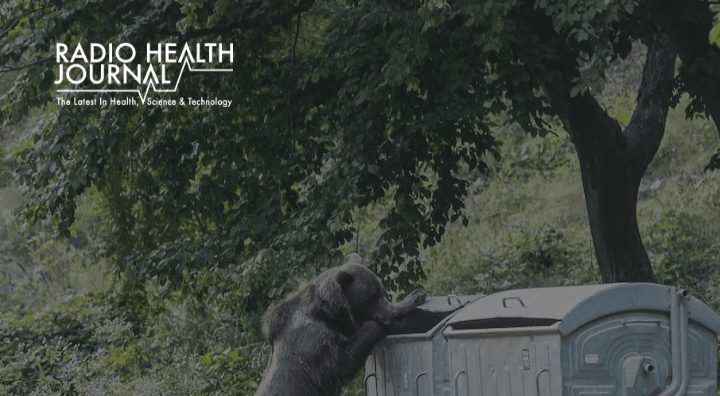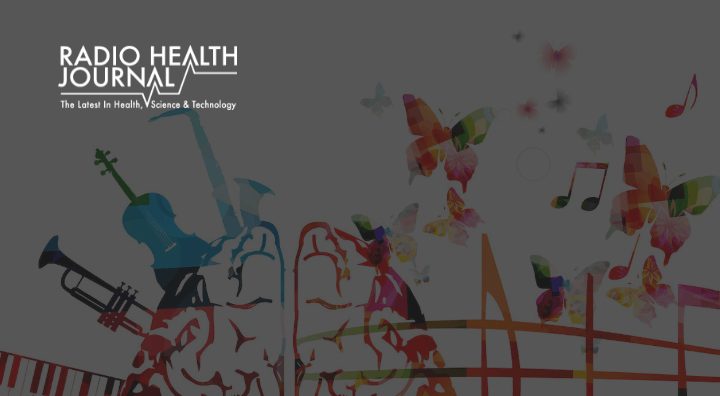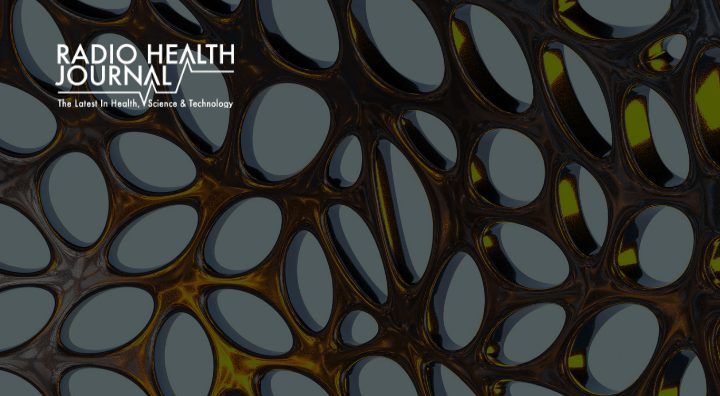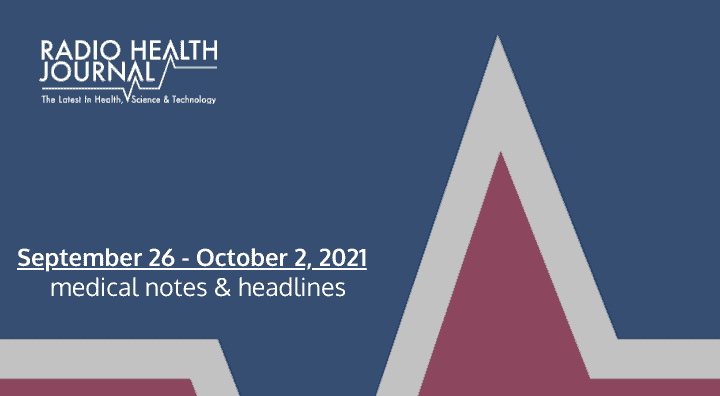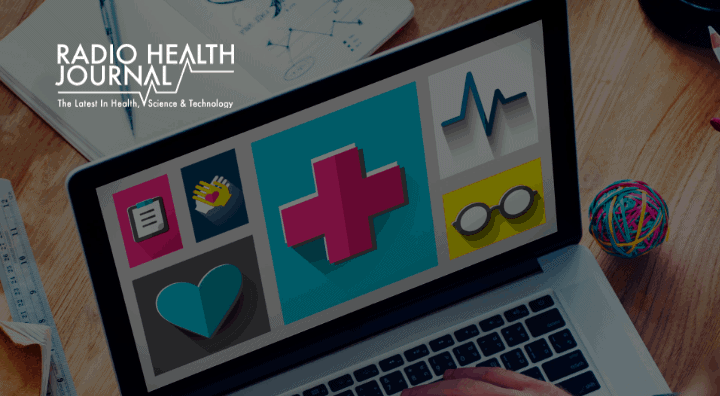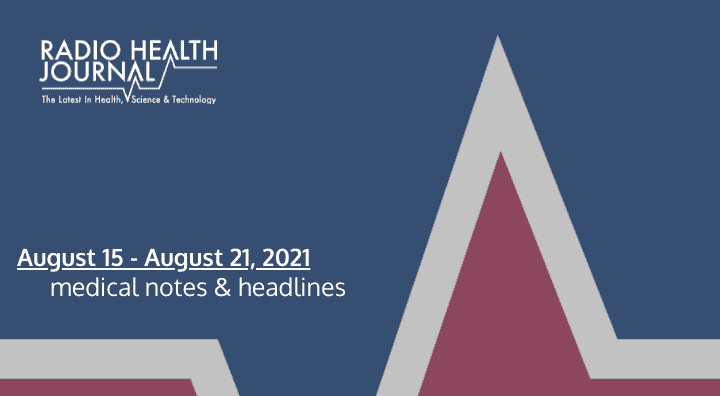Animal, Vegetable, Criminal: Wildlife Lawbreakers
Wild animals carry out “criminal acts” with amazing frequency, ranging from simple breaking and entering to theft to manslaughter. Wildlife managers spend much of their time trying to prevent these acts or clean up after them. Noted science writer Mary Roach discusses animal criminals and how human behavior is encroaching on wildlife habitat, forcing them …


